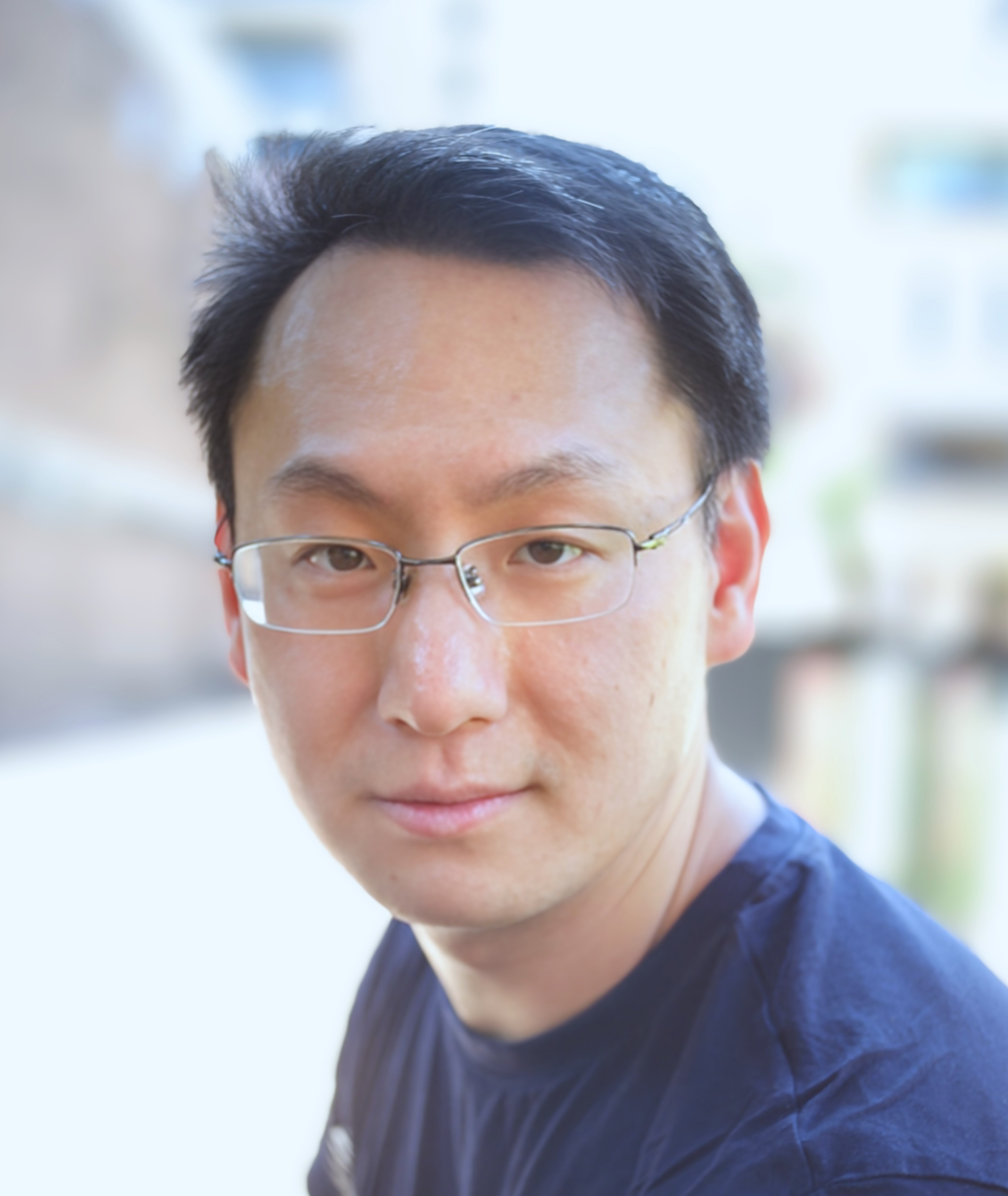
Biography
Scientia Associate Professor and ARC Future Fellow
School of Mechanical and Manufacturing Engineering, UNSW Sydney
I received my BEng (1st-class honours) in Electrical Engineering and PhD in Microelectromechanical Systems (MEMS) from the Royal Melbourne Institute of Technology (RMIT University), Australia, in 2012 and 2015, respectively. I then conducted postdoctoral research at the Pennsylvania State University (PSU) and the University of...view more
Scientia Associate Professor and ARC Future Fellow
School of Mechanical and Manufacturing Engineering, UNSW Sydney
I received my BEng (1st-class honours) in Electrical Engineering and PhD in Microelectromechanical Systems (MEMS) from the Royal Melbourne Institute of Technology (RMIT University), Australia, in 2012 and 2015, respectively. I then conducted postdoctoral research at the Pennsylvania State University (PSU) and the University of California, San Francisco (UCSF) in the USA. Before joining UNSW, I was an Associate Professor in the School of Electronics and Computer Science at the University of Southampton and a Lecturer (2020-2023) in the School of Engineering at the University of Birmingham, UK. Prior to my time in the UK, I served as a Vice-Chancellor's Postdoctoral Research Fellow at the University of Wollongong (2017-2019), Australia.
I have published over 120 papers in high-impact journals, including PNAS, Nature Communications, Science Advances, Matter, and Advanced Materials. I am the Associate Editor of the Journal of Nanobiotechnology and Nonlinear Engineering, and serve on the Editorial Board of MetalMat, Sensors, Scientific Reports, and Health Nanotechnology.
My Grants
- Discovery Project Grant, Australian Research Council, Lead Chief Investigator, 2025-2027, $684,181 AUD
- UNSW-CAS Collaborative Research Seed Program 2024, Sole Chief Investigator, $20,000 AUD
- Future Fellowship, Australian Research Council, Sole Chief Investigator, 2023-2026, $826,390 AUD
- Industrial Collaborative Research Grant, Chengdu Runwu Precision Instruments Co. Ltd, 2022–2027, Sole Chief Investigator, $500,000 AUD
- International Exchanges Grant, Royal Society, United Kingdom, Sole Principal Investigator, 2021-2023, £11,800 GBP
- Discovery Early Career Researcher Award (DECRA), Australian Research Council, Sole Chief Investigator, 2021-2023, $355,000 AUD
- Standard Research Grant, Engineering and Physical Sciences Research Council (EPSRC), United Kingdom, Co-investigator, 2021-2023, £446,110 GBP
- Discovery Project Grant, Australian Research Council, Co-Chief Investigator, 2020-2022, $420,000 AUD
- Major Equipment Grants, University of Wollongong, Co-Investigator, 2019, $139,178 AUD
- University Internationalisation Committee Grant, University of Wollongong, Sole Chief Investigator, 2018, $5000 AUD
- Start-up Funding for New Academics, University of Wollongong, Sole Chief Investigator, 2017, $5000 AUD
- Vice-Chancellor’s Postdoctoral Research Fellowship, University of Wollongong, Sole Chief Investigator, 2017-2020, $400,000 AUD (ranked among top 6 out of ~200 applicants)
- Higher Degree by Research Publications Grant (HDRPG), RMIT University, Sole Chief Investigator, 2015, $6000 AUD
My Qualifications
- Postgraduate Certificate in Higher Education, University of Birmingham, UK, 2021-2022
- Doctor of Philosophy (Microelectromechanical Systems), RMIT University, Australia, 2012-2015
- Bachelor of Engineering (Electrical), First-Class Honours, RMIT University, Australia, 2008-2012
My Awards
- Honoured as the Highly Ranked Scholar - Lifetime in the speciality of Liquid Metal (top 0.05% worldwide), ScholarGPS, 2025
- Awarded the 2023 Emerging Leader Award in Smart Materials and Structures, Institute of Physics, UK
- Accredited as a Chartered Engineer (CEng) by the Institution of Engineering and Technology (IET), UK, in 2023
- Awarded the Fellowship of the HEA (FHEA) by the Advance HE, UK, in 2022
- Selected as the 2021 Wiley Advanced Science Rising Star
- Awarded the Vice-Chancellor’s HDR Publication Excellence Award 2015, RMIT University (ranked NO. 1 among all PhD candidates)
- Awarded the RMIT University School of Electrical and Computer Engineering Research Media Star 2013
- Awarded the Vice-Chancellor’s List Award 2012, RMIT University (ranked among the top 1% of all UG students)
My Research Activities
My research group primarily focuses on exploring and developing Soft Intelligent Systems for applications in robotics, advanced manufacturing, and biomedical devices. We are interested in interdisciplinary problems that involve smart materials, electromechanical systems, microfluidics, machine learning, electronics, and nanotechnologies. We aspire to engineer useful devices through the investigation of the fundamental properties of materials.
Areas of Interest
- Liquid metal
- Soft robotics
- Intelligent microfluidics
- Biosensors
- Biomedical microdevices
My Research Supervision
Areas of supervision
- Smart materials for applications in robotics, advanced manufacturing, and medical devices
- Intelligent microfluidics for point-of-care biosensing
My Teaching
Previously taught modules:
- Telerobotics, Telepresence and Augmented Reality (module content: kinematics, statics, and dynamics of robotics; MEMS sensors and actuators; Python programming; machine learning; augmented reality)
- Advanced Mechatronic Design (module content: design, prototype, build, and test mechatronic systems; fundamental and applications of neural networks; academic journal paper writing)
- Micro/Nano Robotic Systems (module content: mechanics of materials; microfabrication; electrostatic/thermal/piezoelectric/piezoresistive/magnetic sensing and actuation; microfluidics)
- Electromagnetics (module content: vector calculus; electrostatics; magnetostatics; Maxwell's equations under time-varying fields; sensors)